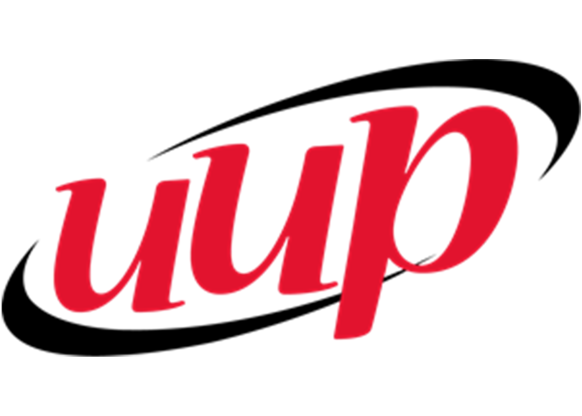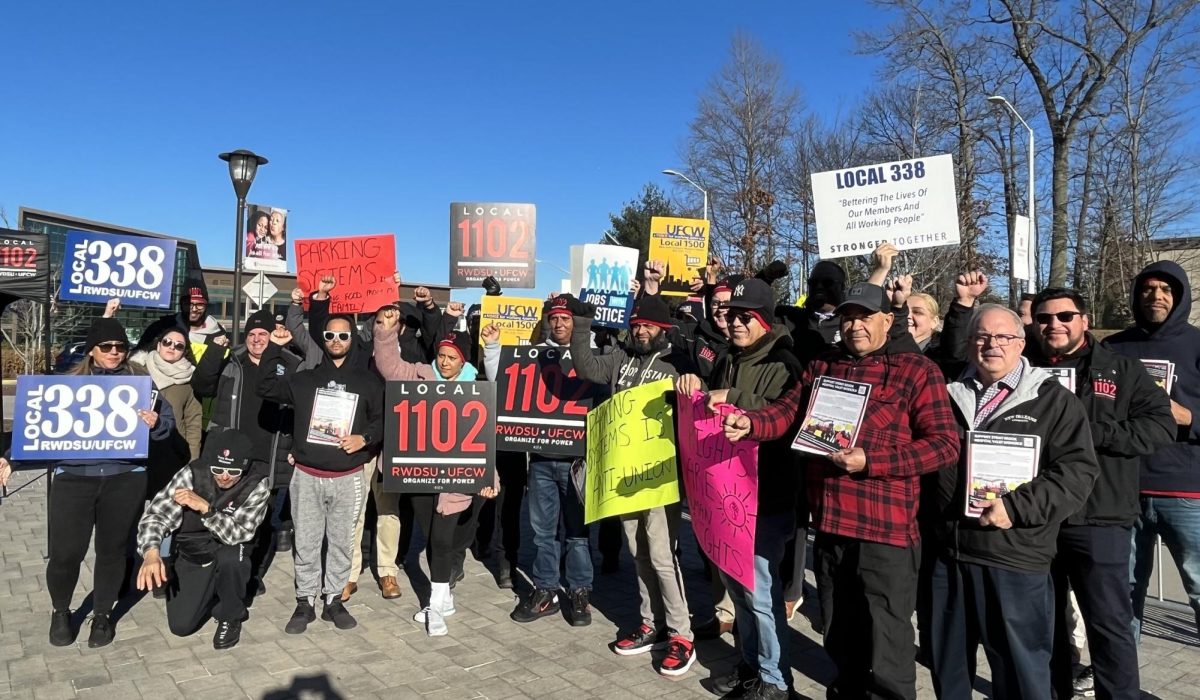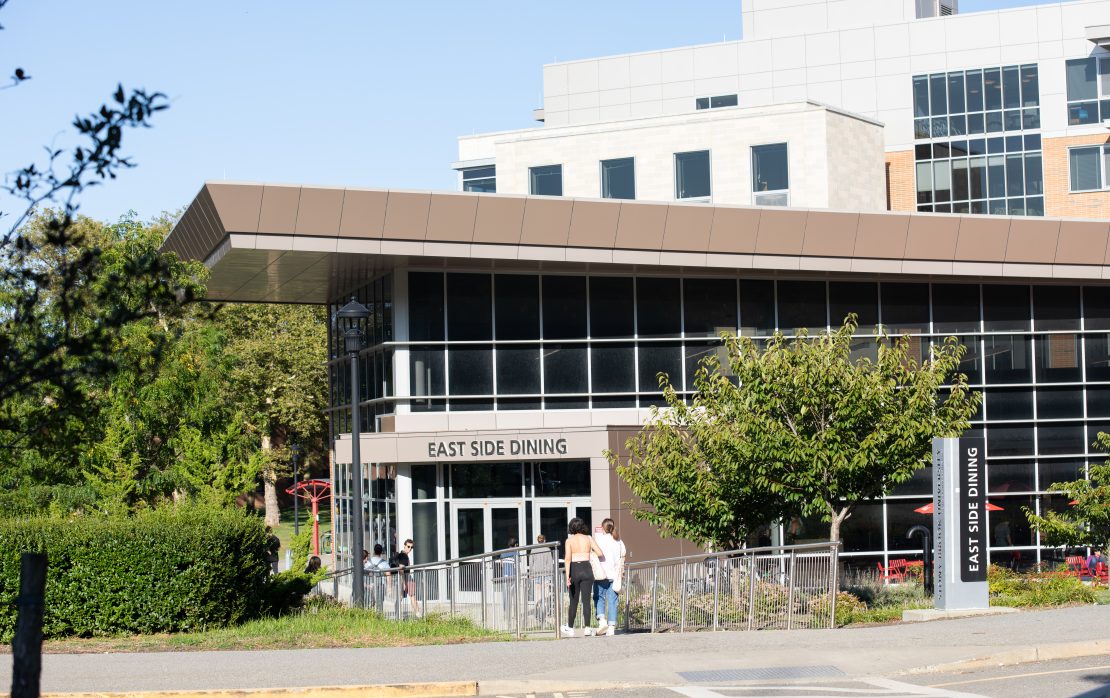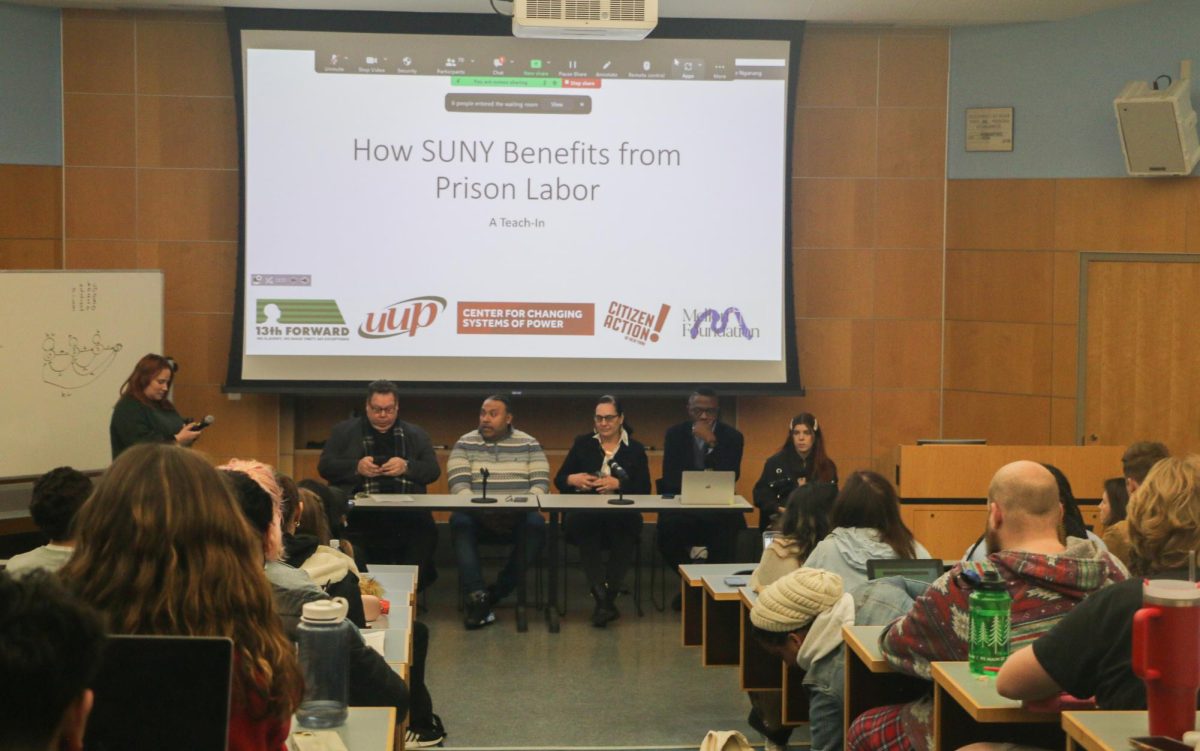
With COVID-19 cases on the rise because of the highly transmissible omicron variant, universities across the nation are rethinking their spring semester plans for the second year in a row.
Booster shots, vaccine mandates, regular surveillance testing and updated quarantine and isolation protocols are a few of the safety measures Stony Brook University has implemented to protect against the variant. However, the United University Professions (UUP), Stony Brook’s higher education union, thinks these precautions are not enough.
The Stony Brook UUP chapter voiced its concerns by releasing a “Call to Action,” listing several demands and guidelines to ensure a safe reopening for the spring semester. The Graduate Student Employees Union and UUP HSC/Hospital also supported its call to action.
“As we have seen across the country and the state, staffing shortages are a major issue in schools and hospitals. Our campus is likely to be faced with the same challenges, which will be a major barrier to students and instructors attending classes,” Stony Brook UUP Chapter President Andrew Solar-Greco said in an email to The Statesman.
In order to prevent staffing shortages, the UUP asked for flexible telecommuting and instructor autonomy over course modality and that all personnel be provided with KN95, N95 or KF94 masks. After hearing from the administration that the university has no plans to distribute more effective masks, the UUP purchased 3,200 N95 masks to freely distribute to their members. One hour after the link to request a mask went live, 200 members had already requested over 1,500 masks.
The UPP also asked that the semester be delayed by one week.
Some within the State University of New York (SUNY) system have already delayed the start of their semester by one to two weeks, such as Binghamton, SUNY Purchase and SUNY Potsdam, while others like SUNY New Paltz and Stony Brook plan to remain on track with in-person teaching starting Jan. 24.
“As we have done throughout this pandemic, Stony Brook University is following state and national public health guidance to ensure the health and safety of our campus community during the current COVID-19 surge,” Stony Brook officials said in an email to The Statesman.
In lieu of a delayed start, the UUP asked that classes with a large number of students be held remotely until Jan. 31 along with granting deans, chairs and supervisors the ability to review and approve requests to teach or work remotely until then.
“This avenue would still have students on campus taking some classes in person, and ensure an orderly start to another challenging semester,” Solar-Greco said.
The UUP also asked for more investment in the infrastructure to handle COVID-19 cases, allowing more timely responses from the health information line and campus contact tracers.
According to the Stony Brook COVID-19 dashboard, about 146 Stony Brook students and 241 employees tested positive within the past 21 days. This is a significant increase in numbers recorded before winter break when daily cases were in the single digits.
While early data suggest omicron infections might be less severe than other variants, with milder symptoms for vaccinated and boosted individuals, the sheer number of cases is overwhelming hospitals that are already short-staffed. Stony Brook Hospital is among them, with about 1,229 employees having tested positive in the last 21 days.
To help make testing more available, New York Gov. Kathy Hochul opened 10 additional SUNY campus-based COVID-19 test sites, with Stony Brook University being among them. The Stony Brook test site, in the RSS Parking Lot, performs PCR testing every day from 8:30 a.m. to 4 p.m. for all community members exhibiting signs of COVID-19.
“We are not defenseless as we fight the winter surge: vaccines, boosters and testing can help us slow the spread and protect our loved ones,” Hochul said during a briefing on Jan. 10. “These new SUNY sites build on our ongoing efforts to make testing more available as part of our Winter Surge Plan.”
Not only is the UUP worried about a disruptive start to the semester, but its concerns also involve the health of the community.
“We know that the immunocompromised and our members who have children under five are still at a very high risk of severe illness and even death,” Solar-Greco said.
In New York, COVID-19 cases seem to be leveling off, with hospitalizations reported on Sunday staying under 12,000 for the second consecutive day, the first time that has happened in more than a week. Hochul also announced that the seven-day rolling positivity average rate for the last two days is the lowest it has been since Christmas.
Despite these promising numbers, Hochul urged New Yorkers to remain vigilant against the winter surge and “not undo the progress we’ve made.”
The UUP met with the administration’s representatives in December to convey its requests along with sharing the “Call to Action” with University President Maurie McInnis. The UUP has not yet received a response that sufficiently addressed its concerns.
“If they do not respond, we will have to re-evaluate our tactics to gain their attention,” Solar-Greco said. “We are unrelenting in our fight for health and safety protections for our members and the broader campus community.”
















